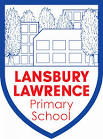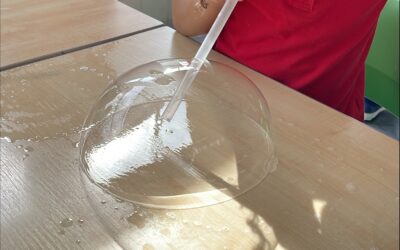Remember to look up at the stars and not down at your feet.
A high-quality science education provides the foundations for understanding the world through the specific disciplines of biology, chemistry and physics. Science has changed our lives and is vital to the world’s future prosperity, and all pupils should be taught essential aspects of the knowledge, methods, processes and uses of science. Through building up a body of key foundational knowledge and concepts, pupils should be encouraged to recognise the power of rational explanation and develop a sense of excitement and curiosity about natural phenomena. They should be encouraged to understand how science can be used to explain what is occurring, predict how things will behave, and analyse causes. National Curriculum for Science, purpose of study
Suffolk Residential with Kahlo Class – Day 2!
Our second day of the Year 5 residential is beginning in earnest; after a delicious breakfast, we are cruising along the country roads on our way to Walberswick Beach. The children are enjoying the sight of endless fields, grazing animals, ponds & village life....
Our Cress Grew!
Year 1 planted their own cress and observed it over time. It took exactly one week for the cress to grow tall enough to eat! First, they wrote instructions to remind themselves of the steps. Then they all planted the seeds together and discussed about the key...
A Fun Week in Year 6
By Melissa and Akram Today in the whole school we did steam day. Steam day is when there are lots of activities and you can go to any one of them. There was fire, balloon rockets, experiments with skittles, oranges and many more. . It was really fun and here is a...
What will dissolve in a liquid?
We have been exploring more about materials and their properties in our science lessons again this week. Kahlo Class were curious to know more about dissolving. They wanted to find out which everyday substances were soluble (dissolve in a liquid) or insoluble (will...
Suffolk Residential with Kahlo Class – Day 1!
To see all the photos from Day 1, please click here. You'll need the password that we're posting to Weduc. Kahlo class have begun their very exciting residential in Suffolk, beginning three days of thrilling activities along the coast. Currently we are making progress...
STEAM Day – Making Lava Lamps!
Last Friday, Year 1 Kapoor Class were thrilled about making Lava Lamps with their friends from across the school! All the children at Lansbury Lawrence celebrated STEAM Day with interesting activities. One of them was making Lava Lamps! We took turns pouring and...
STEAM DAY
For my activity (Miss Bogue) we made fruit volcanoes! It was so popular we used up all our fruit! After this, our next activity was to make paper craft! Lots of us made tall towers. Today we had a great day with STEAM DAY. Here are some of our pupil's reflections on...
Our Day Trip To The Mudchute Farm!
Year 1 Kapoor Class visited the Mudchute Farm today. It was a warm and sunny day. We walked from the Mudchute Station and were eager to explore the farm. As children walked through the muddy narrow hills with their learning partner, they smelt fresh flowers and animal...
Steam day at Delaunay class
year 2 had an amazing time celebrating British Science week in our annual STEAM afternoon. Pupils were allowed to go around to other classes to join in various STEAM activities. It was incredible to see pupils join up with their friends, brothers and sisters to take...
Our Journey To The Crossrail Place Roof Garden!
Year 1 Kapoor Class posing at the Crossrail Place Roof Garden









